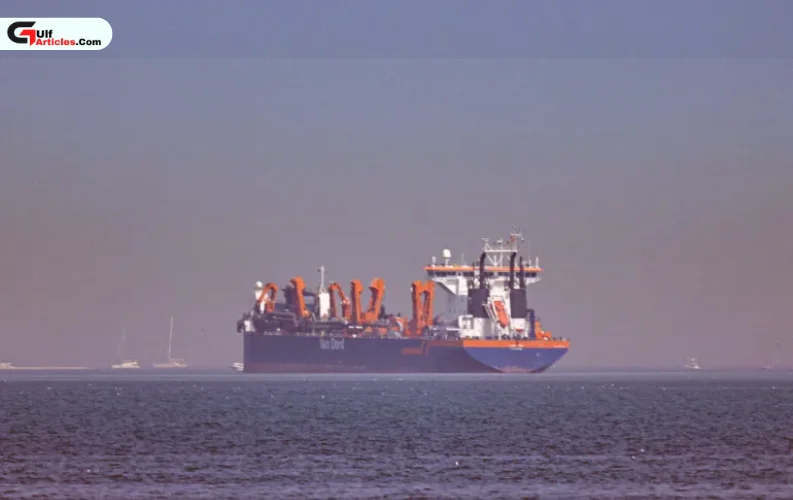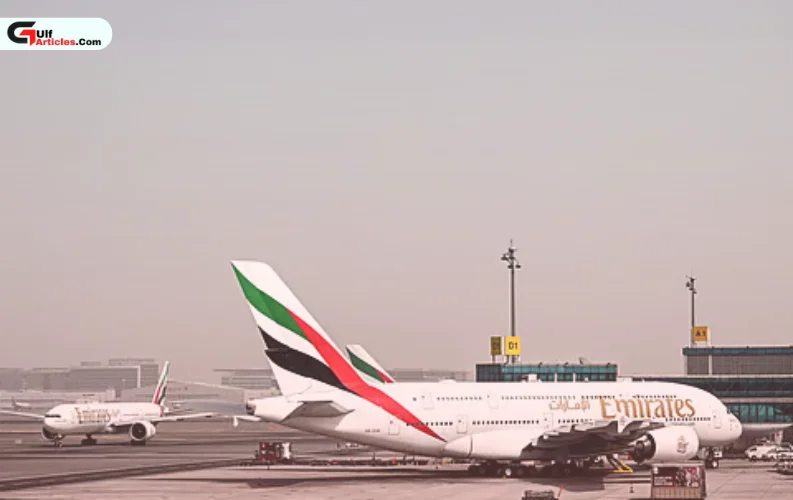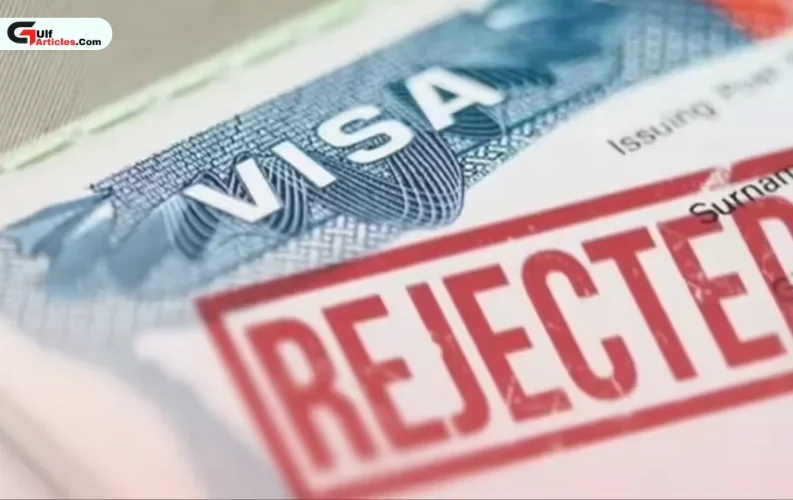Manila — The Philippine Competition Commission (PCC) has approved the acquisition by Aramco Asia Singapore Pte. Ltd. of a 25% stake in Unioil Petroleum Philippines, Inc. and Unioil Energy Pte. Ltd., concluding that the deal is unlikely to lessen competition in the domestic fuel market.
In its review, the PCC said the transaction does not pose anti-competitive risks, citing limited market shares of the parties involved, the presence of several established players, and the expectation of new entrants due to relatively low barriers to entry. The decision aligns with the regulator’s mandate under the Philippine Competition Act to safeguard consumer welfare and prevent anti-competitive effects from mergers and acquisitions, including those involving foreign firms.
Aramco Asia, a Singapore-based affiliate of Saudi Aramco, provides sales, marketing, procurement, and logistics services across Asia. The acquisition marks Saudi Aramco’s return to the Philippine oil sector nearly three decades after it divested its 40% stake in Petron Corporation in 1994. Earlier this year, Aramco Asia and Unioil Petroleum had signed a definitive agreement for the sale, positioning the Saudi energy giant to re-establish its foothold in Southeast Asia’s growing fuel market.
Unioil Petroleum is one of the country’s independent fuel retailers, while Unioil Energy serves as a trading arm responsible for importing gasoline and diesel. Analysts note that the deal could strengthen Unioil’s sourcing capabilities and provide Saudi Aramco with a strategic outlet for its refined products in the Philippines.
The PCC’s review also reflected its recently updated thresholds for mandatory merger notifications, requiring scrutiny of transactions with a party size of at least ₱8.5 billion and a deal value of at least ₱3.5 billion. The commission emphasized that maintaining rigorous oversight of cross-border acquisitions ensures competition and market integrity in the Philippines’ energy sector.
The move comes as Saudi Aramco pursues global expansion through partnerships and acquisitions, underscored by recent multibillion-dollar deals in the US and Asia. For the Philippines, the approval signals the return of a major global energy player with the potential to reshape the local downstream fuel market.





















